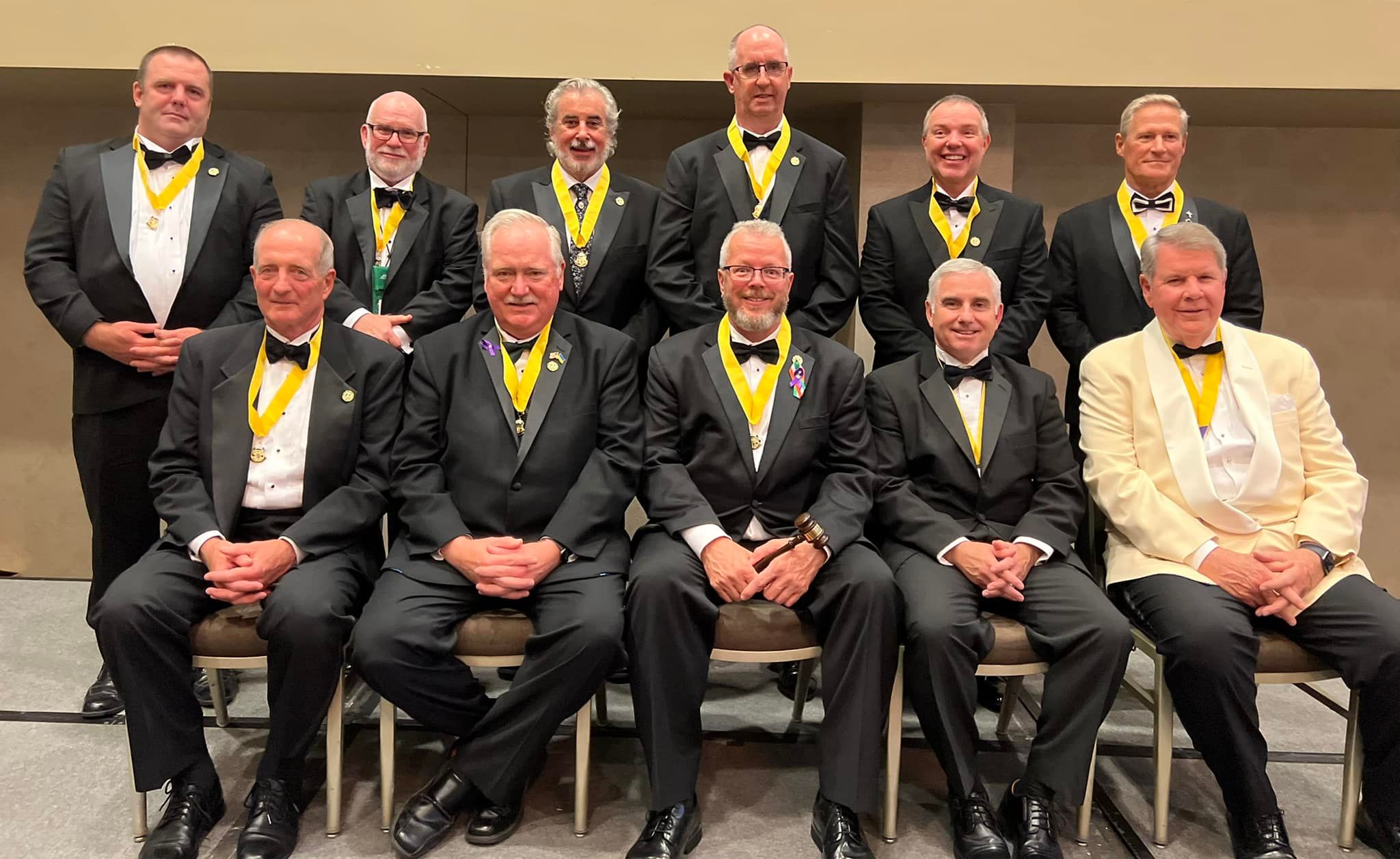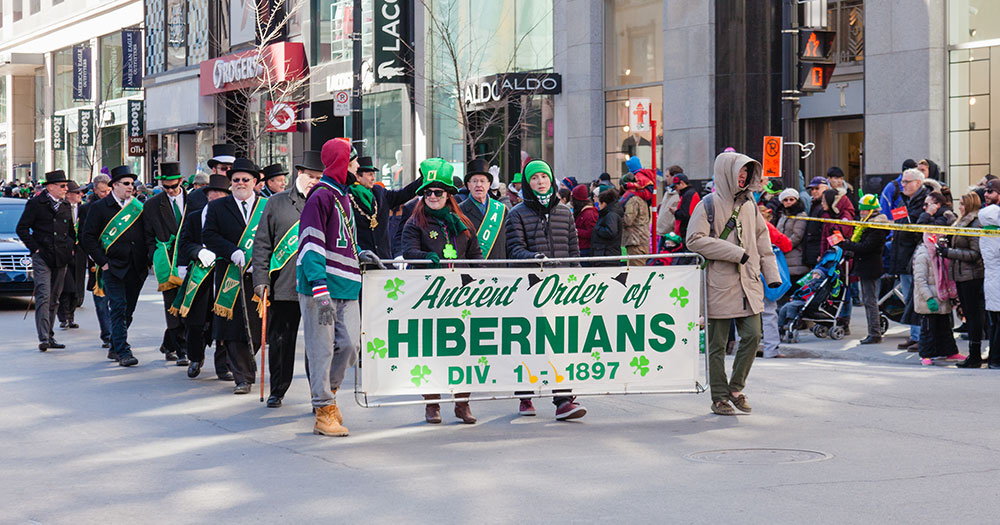The Ancient Order of Hibernians, one of the main Irish Catholic organisations in the US, has voted to continue as a male-only organisation following months of discourse about a proposal to integrate women.
The Ladies’ Ancient Order of Hibernians (LAOH), a separate organisation with similar goals and functions as the AOH, has openly opposed the proposal.
LAOH’s leadership believe that the integration into the traditionally all-male organisation would interfere with their own motivations and pursuits. Discussions about members’ equality following an integration lay at the forefront of LAOH’s stance.
The LAOH’s pillars revolve around friendship, unity, the strengthening of faith and community, and Irish culture and tradition – almost identical to those outlined in the AOH’s Constitution.
While the AOH and LAOH’s pillars may be similar, they’ve had opposing membership swings over the past decade – LAOH trending upwards by 5 per cent while AOH has declined by 20 per cent.
After almost 200 years of male-only membership, the AOH faces rising concerns over the age and demographics of its members. Not only is the average age in the AOH hovering around 50, but there’s a belief among supporters of the proposal that younger generations are hesitant to join a strictly male organisation.

Supporters of integration believe that opening the AOH to women would help to both increase membership and lower the average age of members.
Taoiseach Micheál Martin, in an address to the 2022 Convention, calls the AOH the “largest grassroots assembly of Irish Americans… [one that] shines a spotlight on Ireland’s contributions to the United States” and is a “voice for Irish America”.
However, the AOH has a history of shortcomings in fairly advocating for Irish LGBTQ+ communities. In 1991, the Ancient Order of Hibernians became entangled in a controversy with the Irish Lesbian and Gay Organisation (ILGO) over their inclusivity during the St. Patrick’s Day Parade. ILGO’s request to join the 1991 Parade was denied by the AOH, who claimed to then put them on a waitlist. When ILGO requested to see their place on the waitlist, which the AOH claimed already had 30+ organisations, they were refused.
Later, Mayor David Dinkins facilitated a compromise that would allow ILGO to march at the Midtown Parade. Marching alongside Dinkins, the ILGO joined the Parade and were immediately faced with disgust from the crowds. In the following weeks, Dinkins involved himself in both a boycott and legal battle with the AOH over ILGO’s treatment and the treatment of queer groups during St. Patrick’s Day Parades.
https://twitter.com/thisdayinsex/status/1239990337470377987
For the next few years, the parade permit was passed around and the legality of excluding LGBTQ+ groups continued to be contested. The AOH went as far as to ban the ILGO from marching in the 1992 Parade due to “outrageous behaviour and conduct” – later noted by the ILGO to be in response to the crowds.
In 1995, the Supreme Court ruled that parade organizers in Boston and New York could legally turn away LGBTQ+ groups, a decision that sparked years of protests and backlash.
The AOH’s recent ruling on the inclusion of women seems only an addition to a much longer history of dedication to spaces that foster anti-LGBTQ+ narratives. Considering their declining membership trends, it’s possible that there will be another vote for reconsideration at a future convention.
© 2022 GCN (Gay Community News). All rights reserved.
Support GCN
GCN is a free, vital resource for Ireland’s LGBTQ+ community since 1988.
GCN is a trading name of National LGBT Federation CLG, a registered charity - Charity Number: 20034580.
GCN relies on the generous support of the community and allies to sustain the crucial work that we do. Producing GCN is costly, and, in an industry which has been hugely impacted by rising costs, we need your support to help sustain and grow this vital resource.
Supporting GCN for as little as €1.99 per month will help us continue our work as Ireland’s free, independent LGBTQ+ media.
